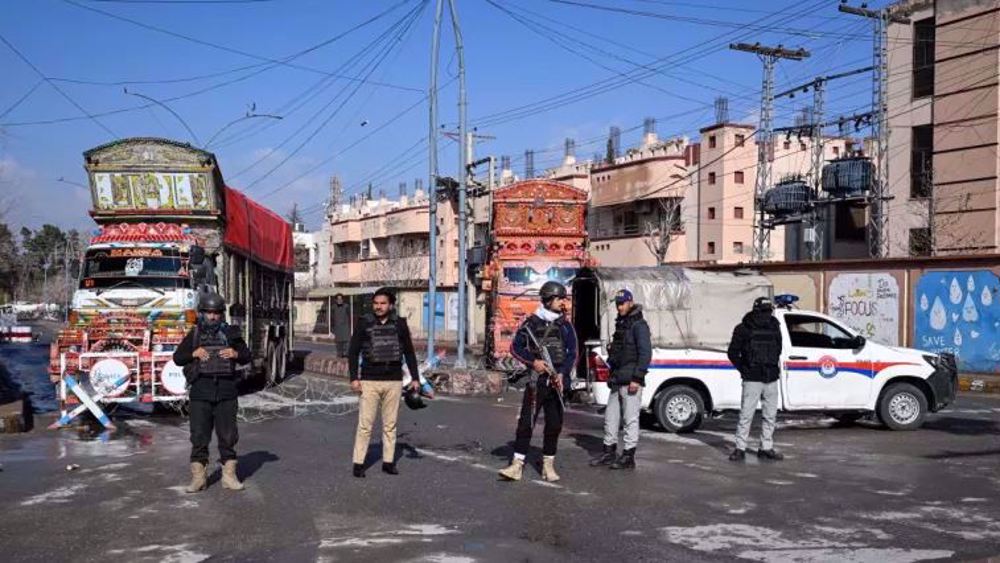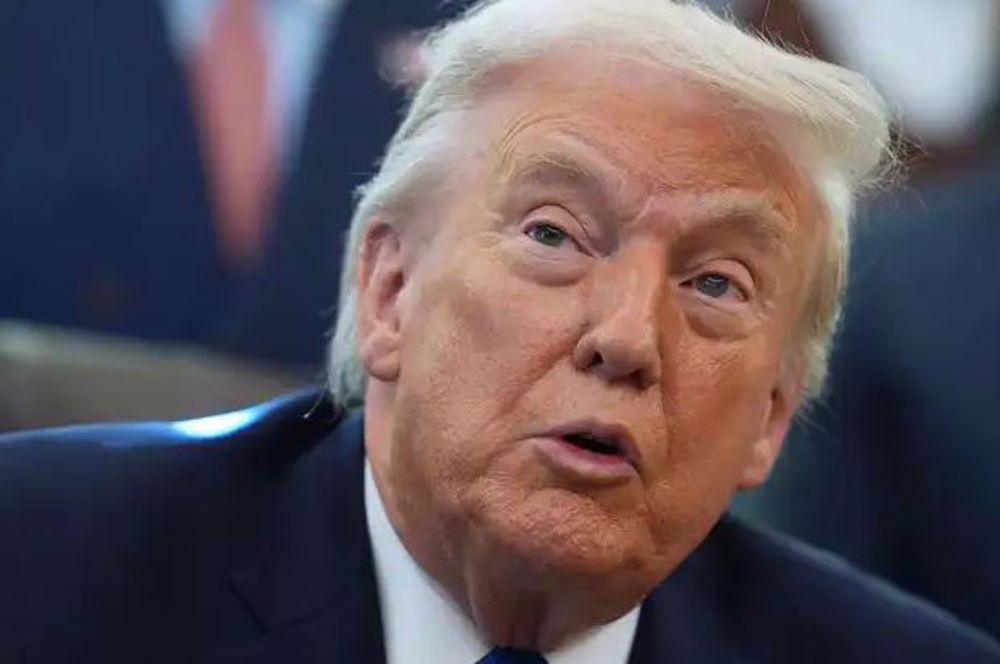India unveils first indigenous aircraft carrier to offset Chinese influence
Indian prime minister Narendra Modi has unveiled the country's first indigenous aircraft carrier as New Delhi scrambles to reduce its dependency on foreign military purchases and to offset China's growing regional influence.
The INS Vikrant, one of the world's biggest naval vessels at a length of 262 meters, was inaugurated by Modi in the southern Kerala state on Friday and would formally enter service after 17 years of construction and tests.
“Today, INS Vikrant has filled the country with a new confidence, and has created a new confidence in the country," the Indian premier said at the ship's commissioning ceremony. "We've joined the league of those select nations who can construct such large aircraft carriers at home.
Glimpses from the special programme to mark the commissioning of INS Vikrant. pic.twitter.com/bk0vsLk6QM
— Narendra Modi (@narendramodi) September 2, 2022
In a veiled swipe at China’s rising influence in the region, Modi said the "security concerns" of the Indo-Pacific and the Indian Ocean region were "ignored in the past but it is our top priority today.”
Reports said around 1,600 sailors crew INS Vikrant and the aircraft carrier would initially service fighter jets redesignated from India's only other aircraft carrier, which had been bought second-hand from Russia — a major arms supplier to New Delhi.
Seeking to wean India off its dependency on foreign military purchases, Modi government has invested heavily in local construction, with more than three dozen other naval ships and submarines currently being built in the country's shipyards.
The launch of the home-made aircraft carrier comes at a time of rising concern among Indian military top brass over what they see as the strategic challenge posed by China's increasing presence in the Indian Ocean.
Last month, New Delhi joined Washington in raising security concerns after neighboring Sri Lanka allowed a port visit by a Chinese research vessel accused of spying activities. China rejected the charges.
India and the United States are both members of the so-called Quad, a security alliance focused on the Indo-Pacific with a declared aim of providing a counterweight to China's rising military and economic power.
The administration of US President Joe Biden is trying to increase its footprints in Southeast Asia by resetting ties with regional countries in an attempt to form a military coalition against China.
China has decried Washington's growing militarism in countries far beyond its borders, especially its military presence in the Southeast Asian region.
China claims the South China Sea in its entirety. The Philippines, Malaysia, two would-be members of the US-led Indo-Pacific Economic Framework (IPEF), a mega “economic arrangement”, and Vietnam, as well as Brunei, have overlapping claims to parts of the sea.
The US and its allies side with Beijing's rival claimants in the maritime disputes in the South China Sea, while China has always warned the US against military activities in the waters.
UK ordered in 'milestone' court ruling to pay $570 million for colonial-era massacre
VIDEO | Defying the rubble, Gaza opens its first face-to-face school since start of war
‘Ready for next round’: Million-man rally in Yemen backs Gaza, resistance
FM Araghchi departs Muscat for Doha following nuclear talks with US
Israeli keeps killing more Palestinian civilians in Gaza amid relentless ceasefire violations
Aliyev: Azerbaijani territory will not be used for threats against Iran
Turkey arrests two on charges of spying for Israeli regime
Iran FM declares ‘good start’ as US–Iran talks conclude in Muscat










 This makes it easy to access the Press TV website
This makes it easy to access the Press TV website